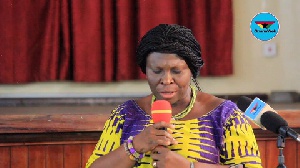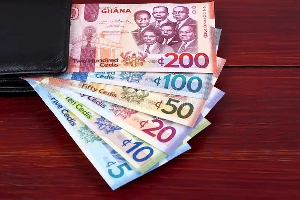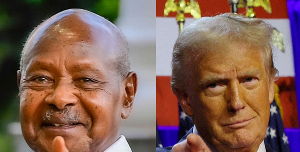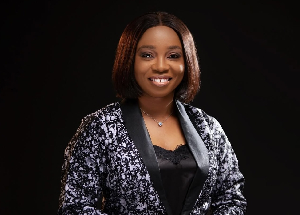The Global Fund (GF) has allotted to Ghana $200 million to fight HIV and AIDS, Tuberculosis (TB) and Malaria from this year, 2018 to 2020.
The fund would help in assisting community systems to build up strong and resilient health systems to deal with disease outbreak should they occur.
The GF as a global financier of HIV, Tuberculosis and Malaria Programmes, has disbursed more than $37 billion in over 100 countries since 2002.
Mrs Cecilia Senoo, Executive Director of Hope for Future Generation (HFFG) made this known at the ongoing five-day Anglophone Africa Community Rights and Gender Meeting in Accra.
It being co-hosted by HFFG and the Eastern Africa National Networks of AIDS Service Organisation (EANNASO) both Nongovernmental organisations, attracted over 24 countries including Ghana, Rwanda, Kenya, South Africa, Nigeria, and others.
The third Anglophone Regional Platform meeting seeks to review and discuss civil society engagement in the GF with increased focus on human rights and the development of gender responsive instruments for vulnerable population in terms HIV and AIDS, Tuberculosis and Malaria.
It also aims at strengthening the capacity of civil society and community based groups to identify and adequately access technical support at the various stages of funding for monitoring and evaluating their respective projects.
Mrs Senoo noted that as countries were faced with the issue of withdrawal of donor funding from projects, it was proper to strengthen Civil Society Organisations (CSO’s) engagement in terms of accessing funds from the Global Fund as well as address matter relating social accountability.
Ms Olive Numba, Executive Director of EANNASO said the meeting brought together CSO’s to engage them on how to effectively develop skills and knowledge to mobilise their constituencies and ensure that fund investments adequately reflected their priorities.
Dr Gemma Oberth, an Independent Consultant told the participants that the GF gave more to CSO’s that developed proactive and peer-led community engagements.
He however said CSO’s that did not verify whether there were technical partners in a particular region and were providing similar work, were also rejected by the GF.
Dr Victor Bampoe, Director and Coordinator, Fast Track Implementation Programme, UNAIDS, on his part, said there had been a decline in HIV infection rates but emphasised that there was the need to step up efforts in controlling it.
Ms Ann Ithubi, an official with Aidspan, a Kenyan based non-governmental organisation, the GF had provided various amount of money towards the eradication of diseases.
She said HIV and AIDs received $18 million, while $6 million was allotted for TB, Malaria received $10.7 million, TB/HIV received $1.3million and other ailment received $ 750,000.
Ms Ithubi cited the lack of understanding of GF policies, processes and guidelines and exclusion of key and vulnerable population in GF process as challenges confronting countries and regional levels from accessing the fund.
General News of Thursday, 26 April 2018
Source: ghananewsagency.org













